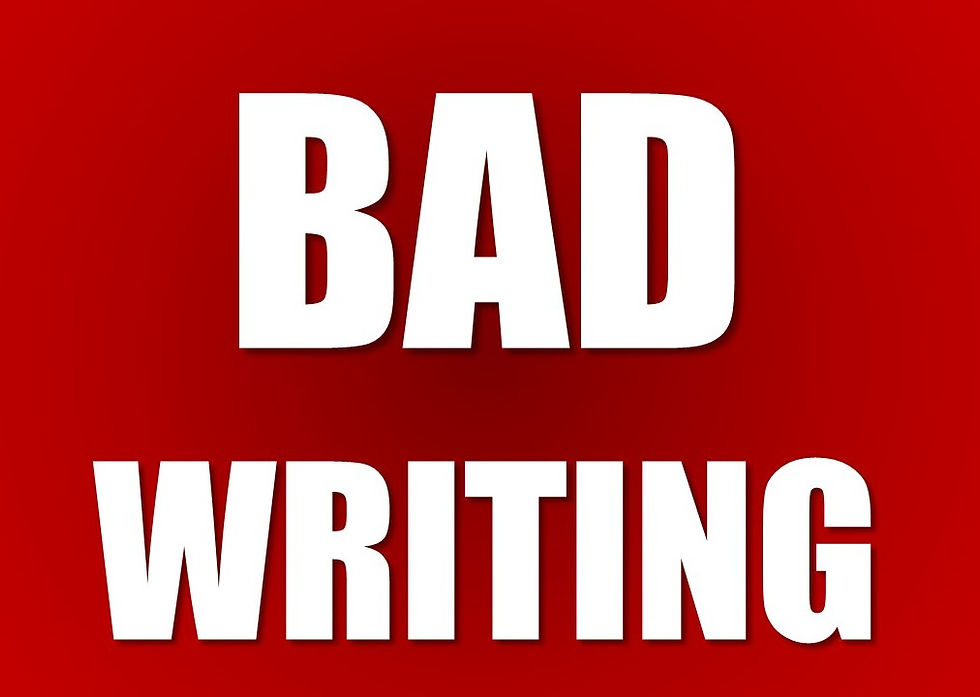
In today's digital landscape, clear writing is more crucial than ever. Whether you're crafting emails, reports, or social media posts, your writing quality can make or break your professional image. Here are ten proven strategies to help you sidestep common pitfalls and enhance your writing skills.
1. Embrace the Power of Planning
Before diving into writing, take a moment to outline your thoughts. A well-structured plan can:
Clarify your main points
Ensure logical flow
Save time in the long run
2. Know Your Audience
Tailor your writing to your readers. Consider:
Their background knowledge
Their interests and needs
The appropriate tone and style
3. Keep It Simple
Avoid unnecessary complexity. Remember:
Use straightforward language
Break down complex ideas
Aim for clarity over impressiveness
4. Active Voice is Your Ally
Strengthen your writing by favoring active voice:
It adds directness and impact
It clarifies who's performing the action
It often results in more concise sentences
5. Proofread, Then Proofread Again
Never underestimate the power of thorough proofreading:
Catch spelling and grammar errors
Identify awkward phrasing
Ensure consistency in tone and style
6. Embrace the Art of Revision
Great writing often emerges through revision:
Step away and return with fresh eyes
Be willing to cut unnecessary content
Refine your ideas for maximum clarity
7. Vary Your Sentence Structure
Keep your readers engaged by mixing up your sentence patterns:
Use a combination of short and long sentences
Experiment with different sentence types
Create rhythm and flow in your writing
8. Be Specific and Concrete
Vague writing loses readers. Instead:
Use specific examples and details
Replace abstract concepts with concrete images
Show, don't just tell
9. Cultivate a Rich Vocabulary
Expand your word choices, but use them judiciously:
Learn a new word each day
Use synonyms to avoid repetition
Ensure your word choices are appropriate for your audience
10. Seek Feedback
Don't write in a vacuum:
Share your work with trusted colleagues
Join a writing group or find a writing buddy
Be open to constructive criticism
By implementing these strategies, you'll be well on your way to producing clearer, more engaging, and more effective writing. Remember, good writing is a skill that improves with practice.
John Rovito
Comments